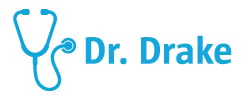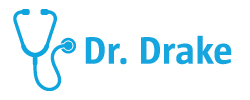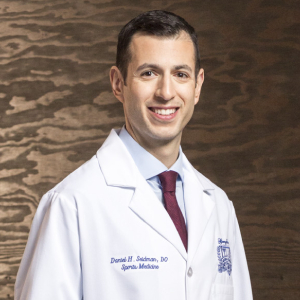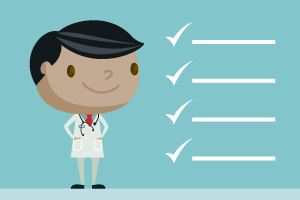
How to Have a Good Relationship with your Doctor: Tips from Two Henry Ford Doctors
A trusting relationship between doctor and patient is crucial. If you’re looking to stay on top of your health and create a strong bond with your health care provider, check out these tips from two Henry Ford Health System doctors.

What is health literacy and why is it important?
Health literacy is the ability to obtain, process and understand health information. It helps an individual make appropriate medical decisions, which is why people come to the doctor. When your doctor gives a recommendation, you need to understand what it means and decide if it’s right for you. If your doctor uses a word you don’t understand or their language is unclear, speak up! It’s likely not intentional, and this will give your doctor a chance to reword their recommendation in a way that you can better understand.

Why is good communication with a doctor important?
Good communication is the foundation of a good relationship with your doctor. There are so many factors that can lead to a misunderstanding: differences in age, culture, religion, gender and language. Speaking with your doctor at each appointment and making separate appointments for any major issues will allow you and your doctor time to thoroughly discuss your health.

Why is miscommunication with a doctor considered a health epidemic?
Miscommunication leads to an array of issues that negatively impact your care. Most patients forget at least 50 percent of what was said in the visit immediately after leaving the room. Also, more than 50 percent of people are taking their prescription medications incorrectly. This is a problem. After I give my recommendations, I ask my patient to repeat them back to me in their own words. Then, I type them up on a piece of paper and give it to my patient before they leave. Don’t be afraid to ask for clarification. Most doctors will be happy to speak with you until you understand. Bring someone with you to your appointments. Having an educated advocate with you is extremely valuable.

What are some important steps patients can take before showing up to a doctor’s appointment?
Write a list of questions and concerns. Bring the names of your medications, the doses and how often you take them (including over-the-counter and herbal medicines). Know your medical history, including dates of procedures or surgeries. Arrive with plenty of time before your appointment and don’t schedule other appointments immediately afterwards.

What are good questions to ask a doctor?
Prevention: What is my personal risk of disease given my current age, blood pressure and cholesterol? Am I due for any vaccines or other screening tests?
Diet: What should I be eating or avoiding due to my health issues?
Exercise: What kind of workout, and how often and long?
Medications: What are the common side effects of this new medication? I am having this symptom. Is it a common side effect of one of my current medications?
New diagnosis: How will this affect me, both short term and long term? Is this a permanent or temporary issue? How will treatment of this affect me?

How can a patient get the doctor to actively listen?
Engaging in active listening can be challenging, with technology playing such a large role during appointments. Do your best to maintain eye contact with your doctor. Patients who are actively engaged in their wellness and genuinely care tend to drive doctors to be more active listeners.

How can we help our doctors get to know us better?
Discuss your interests, career and family situation. It’s helpful for us to get to know you as a person. And it can be helpful when discussing risks for certain diseases or when selecting specific treatment options. For example, if a patient has high blood pressure, an option could be a diuretic to help control blood pressure, but a side effect is more frequent urination. If the patient has a job where frequent bathroom breaks would not be possible, such as a long-haul truck driver, I would pick a different medication.

Anything else we can do?
Try to see the same doctor each time you go in. With electronic medical records, or EMR, we can sometimes pick up where another doctor left off, but nothing replaces truly getting to know a patient or a doctor. Building a doctor-patient relationship involves spending time with one another and building trust.
The Do’s
- Be sure to arrive at your appointment on time.
- Know the details of your own medical history.
- Understand that all health care systems are not interconnected.
- Schedule your visit with enough time so you don't feel rushed.
- Be friendly to the front desk staff or support staff. They’re there to help you.
Prep for your next doctor visit with our checklist.
Categories: Get Healthy, Get To Know Your Plan
Tags: Blog



